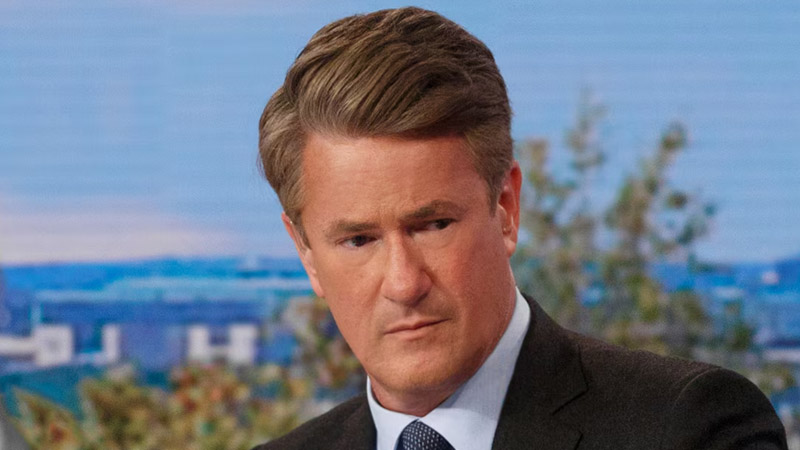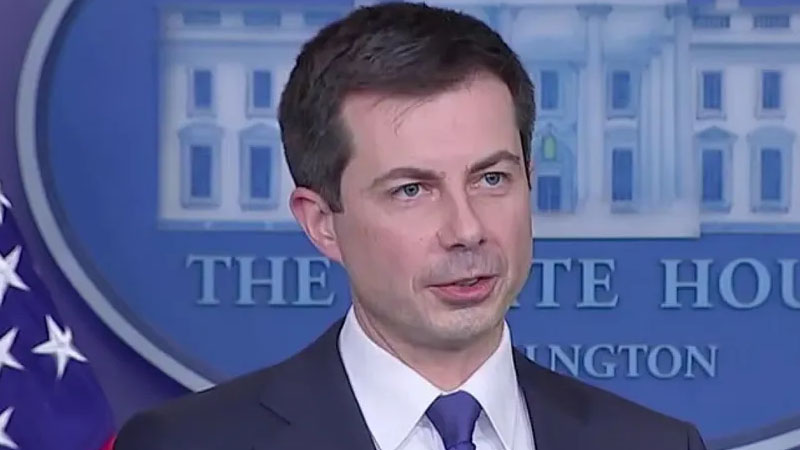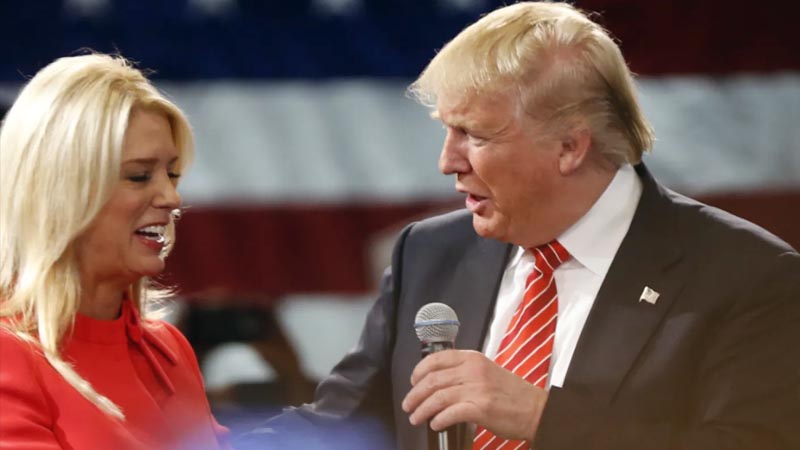“These Are Small Problems, But Something’s Not Quite There”: Joe Scarborough Points Out Trump’s Final-Stage Campaign Missteps

Photo by Noam Galai/Getty Images for Global Citizen
As the U.S. presidential campaign enters its final days, MSNBC’s Joe Scarborough and his “Morning Joe” co-host Willie Geist remain baffled by a series of verbal missteps made by Donald Trump. At a recent rally, Trump once again warned his audience that Kamala Harris would “lead the country into World War II,” leading his supporters to correct him, gently reminding them that he likely meant World War III.
This repeated error, according to Scarborough and Geist, reflects a pattern of stumbles by the former president that only seem to multiply as the election nears. “As we said, this is not the first time he has made this mistake, having to be reminded by his own audience that it is not World War II,” commented Geist. He noted that while such slip-ups might seem minor, they contribute to a growing sense of disconnection in Trump’s rhetoric.
“These are small problems in the context of what we’ve been seeing recently from Donald Trump. But something is not quite there, synapse is not firing.” Scarborough added, “Lost a couple, well, maybe 20 miles off his fastball. We’ll see what happens.” This analysis from the MSNBC team underscores concerns that Trump’s frequent missteps might have an impact as he pushes through the campaign’s closing stretch.
In another controversy surrounding Trump’s campaign, comedian Tony Hinchcliffe made a derogatory joke about Puerto Ricans during a rally at Madison Square Garden in New York City. Scarborough pointed out that the Trump campaign’s management of this incident seemed tone-deaf and poorly handled. Reports indicate that Trump remained onstage for hours after the remark, making no attempt to distance himself from the comedian’s comments.

According to Scarborough, Trump’s silence reflects a broader issue with the campaign’s approach to controversial moments. “I’ve got to say, I’m struck by the fact the October surprise this year thus far has been Donald Trump and the mistakes that the campaign has made,” Scarborough observed. He described the situation at the New York rally as especially troubling, noting that multiple NBC producers had watched Hinchcliffe rehearse the joke about Puerto Ricans the previous night.
“They had him on, it took them three hours. The crazy thing is, there were fights inside the Trump campaign on whether they should correct it or not.” The fallout from this incident has put the Trump team on the defensive, as attempts to explain or distance themselves from the joke were seen as insufficient by critics. Vice presidential nominee J.D. Vance’s response to the backlash was similarly controversial, as he hesitated to outright condemn the joke, instead saying, “Maybe it was a stupid racist joke, but maybe it’s not.”
Scarborough highlighted Vance’s statement as a moment of political ineptitude that exacerbated the problem. “J.D. Vance yesterday doing what only J.D. Vance can do, making a really bad situation a whole lot worse for your campaign, goes, ‘I don’t know what the big deal is,'” Scarborough said. He emphasized how dismissive this response might come across to Puerto Rican Americans and other voters who found the joke offensive.
Ultimately, Scarborough noted the Trump campaign’s reluctance to address the incident fully, saying, “There was a fight on the campaign about them actually apologizing for a joke that Donald Trump refused to apologize for while he was on the stage.” As these controversies continue to unfold, the final days of Trump’s campaign seem increasingly marked by unforced errors that commentators like Scarborough see as self-inflicted wounds—ones that may complicate his path to victory.


